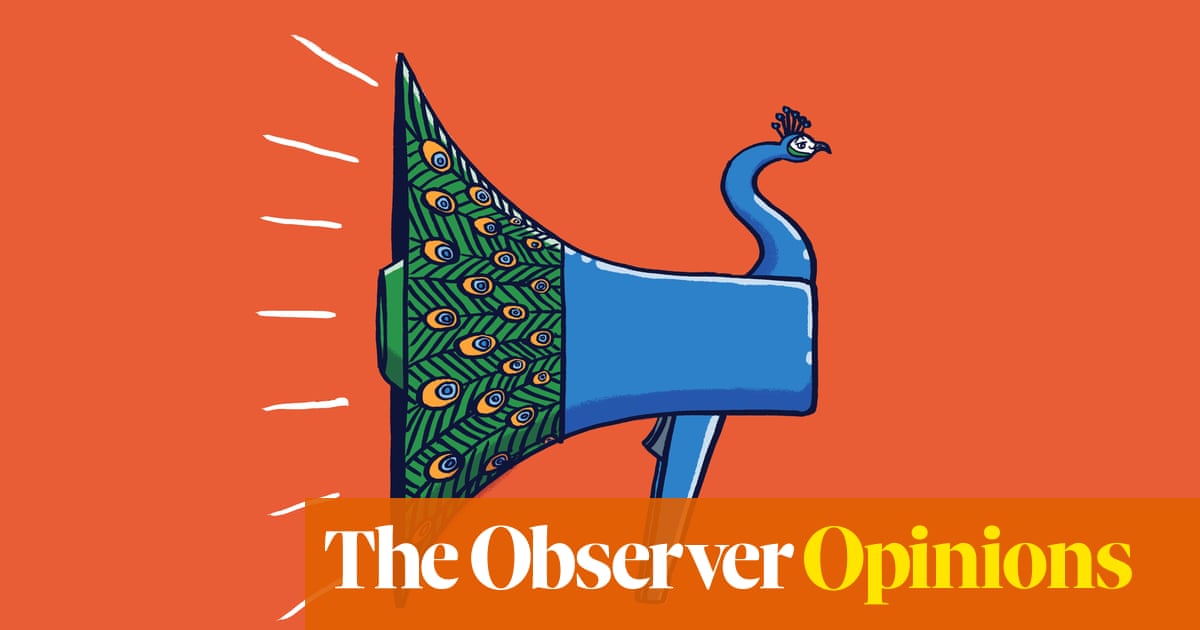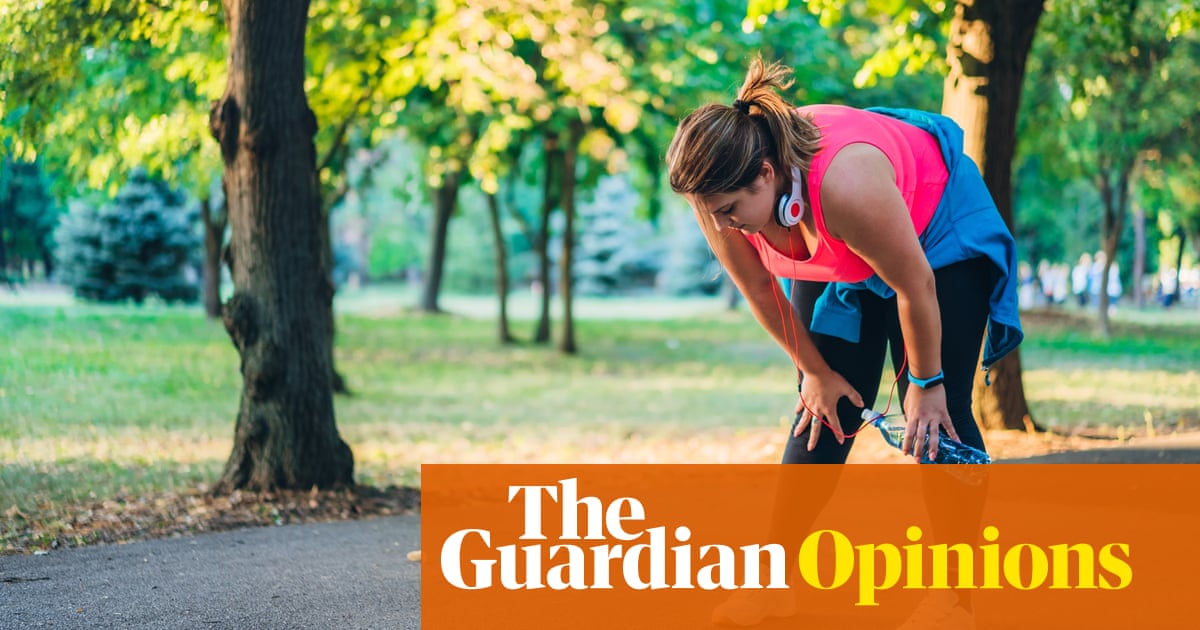
Was there ever a Christmas tradition so universally despised as turning on the lights in mid-November? Well yes, actually, there was. Do you remember the round robin – the self-consciously casual family newsletter to be sent indiscriminately to cousins, ex-colleagues and strangers met on holiday?
Those double-sided sheets of A4 first fluttered out of Christmas cards some time in the mid 1980s, around the point that the home computer began conquering the world. Boasting, once costly and laborious, could suddenly be mass produced. Jenny and Crispin’s glorious two weeks skiing in the Dolomites, Ed’s promotion, Margot’s 10 A*s – all this could be broadcast widely, along with a photo of the family looking uncomfortable in identical snowflake jumpers.
Oh, how we laughed at these deluded solipsists. Up sprang a cottage industry of symbiotic traditions, from humorous festive readings to drubbings in the press. My late colleague Simon Hoggart used to collect the best of the round robins in a yearly column, including this gem: “We had a heavenly nine days in Toulouse… Toni was invited to go for an early morning ride with the absolutely charming local marquis – something she has not done for 25 years (with anybody) … Charles met them for breakfast back at the chateau, needless to say she couldn’t get her knees together in over a week.”
But social mores change. The round robin, by my estimation, finally died in about 2018, by which time the strength and direction of public feeling must have reached even the farthest-flung safari trip or round-the-world cruise. Yet it died predicting our present era. For what was once confined to a single letter at Christmas now permeates society at large. Untrammelled boasting, until recently so gauche, has in the span of a decade or so become perfectly acceptable, at least on social media. It is now normal to witness bragging from every portal, but we forget that this constitutes an abrupt social shift.
Consider that, a few years ago, producing and publicising a set of photos of oneself, of the sort that ape model shots in magazines, would have been a deeply ridiculous thing for an ordinary person to do. Now it is commonplace. Inflicting one’s holiday snaps on unsuspecting dinner guests was once a famous faux pas. Everyone now inflicts them on everybody. The listing of personal triumphs on social media is so pervasive that it is more unusual to hear the news in person. The round robin has not died. We are now a round-robin society.
It is worth noting how odd it is that we tolerate boasting on this scale, and not just relative to our own recent past. Social media has accelerated a trend that was already peculiarly western and capitalist. In their recent book Why Men?, anthropologists Nancy Lindisfarne and Jonathan Neale write about a society at the opposite extreme: the !Kung, a group of Kalahari hunter-gatherers who go to great efforts to avoid bragging to each other, even – especially – when they have done something worth bragging about.
When a skilled hunter kills something large, the authors write, he is expected to return to camp and claim to have killed nothing. “Then, under repeated questioning, he would admit that perhaps he killed a small animal, but he was so weak he needed help carrying the game back to camp.” Others return with him to fetch it, saying things like: “To think I gave up a nice day in the shade for this.” It is proper for the hunter to agree with them. “You’re right, this one is not worth the effort.” This way, egos are kept in check and social balance maintained.
How far we let tall poppies flourish varies from culture to culture. But there is always a line somewhere. After all, in every society there exists a tension between two human instincts: the desire to indulge one’s ego and the desire to forge connections and be liked. The former produces a gratifying surge of serotonin; the latter a warm bath of oxytocin. The first is what propels people to success; the second is the glue that holds society together. Let your ego expand beyond some important threshold, and you may forfeit being liked, or even tolerated. For there is something particularly antisocial about boasting: it inspires no kindly feelings in the breasts of others. It produces no strong bonds.
It is remarkable, in fact, that all societies tend to react to overly boastful people in the same way. First there is gentle teasing, then ridicule, then, if that fails to work, ostracism. In large hierarchical societies, celebrities and other high-status sorts are protected from this sort of punishment by many layers of distance and security – they can boast from the pages of magazines and behind high walls.
Envy is a dangerous emotion to inspire. If gentle teasing and ridicule don’t permeate, feelings build, and things can start to get hostile. Witness, for example, the rapid and ferocious fall of the celebrity, often for making the slightest misstep.
What does it mean for us, then, that we have become a group of fragile egos, advertising at each other – even our friends – from Instagram, Facebook, LinkedIn and TikTok? It is unsurprising that studies find we are feeling increasingly disconnected from each other: individuals competing in a hostile world rather than social beings behaving in pro-social ways. They also find that we are becoming more anxious – perhaps for good reason. After all, boasting makes you vulnerable to the resentment of others: it is not just celebrities who get ostracised on social media these days.
It turns out we might not be well adapted to this new boastful world of ours. Perhaps human nature hasn’t changed so much, so quickly, after all.
Martha Gill is an Observer columnist












